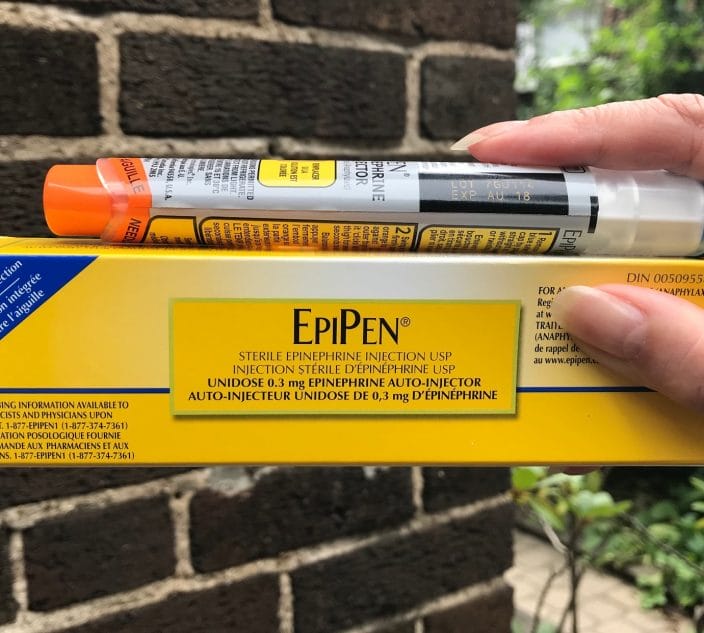 Julie Block: big hopes for a future with many eczema therapies.
Julie Block: big hopes for a future with many eczema therapies. First in February 2017, the FDA approved crisabole, known as the brand Eucrisa, a topical cream to treat mild to moderate eczema in those who are over the age of 2. Part of the attraction to this product is that it’s a non-steroid cream. Two trials showed that, in just under a month, the ointment cleared eczema in about 50 per cent of participants.
Then in March 2017, dupilumab was approved for those with moderate or severe disease that’s not controlled with traditional treatments. Both new therapies have a good safety profile, with few side effects.
But there’s more to come. NEA has tallied about 65 potential treatments in the research pipeline, and lists the majority at Nationaleczema.org. These include more biologic therapies, a new class of pills that affect the immune system (JAK inhibitors), topical creams and more. Not all will move forward from trials, but following is a look at a few of the options.
Treatments Under Study
Nemolizumab
Like dupilumab, this is another biologic for moderate-to-severe atopic dermatitis. This one specifically targets interleukin 31 (IL-31), known as the “itch cytokine.” An editorial in March 2017 in the New England Journal of Medicine called Phase 2 results promising, with a 30 percent reduction in itch in patients in the first week. Of note, only one injection a month is required.
Tralokinumab
Another of the monoclonal antibody biologics, it targets IL-13, the potent promoter of inflammation, and is being studied in adults with moderate-to-severe disease. The treatment did well in Phase 2 trial results released in March, showing significant improvements in quality of life and itching for patients on tralokinumab (as opposed to placebo).
Lebrikizumab
This biologic also binds to IL-13, to block it from setting off the inflammatory cycle. In a Phase 2 trial, patients with moderate-to-severe eczema were treated by injection, plus kept up a regimen of a twice-daily steroid cream. There was a 50 percent decrease in eczema area and severity at 12 weeks.
JAK Inhibitors
Several of these immune-blocking pills have reached the level of Phase 2 study.
Microbe Transplant
Human skin is alive with bacteria, but it turns out the skin of those with eczema often lacks the good kind, leaving them prone to staph infections. Researchers at the University of California San Diego are experimenting with transplanting “good bacteria” in the form of a cream. Stay tuned, so far it has worked well in mice.
Related Reading:
– Feature article: Breakthrough Therapy Changing Lives of Those With Eczema
– Hope for Eczema Drug Ranges From Asthma to Food Allergies





